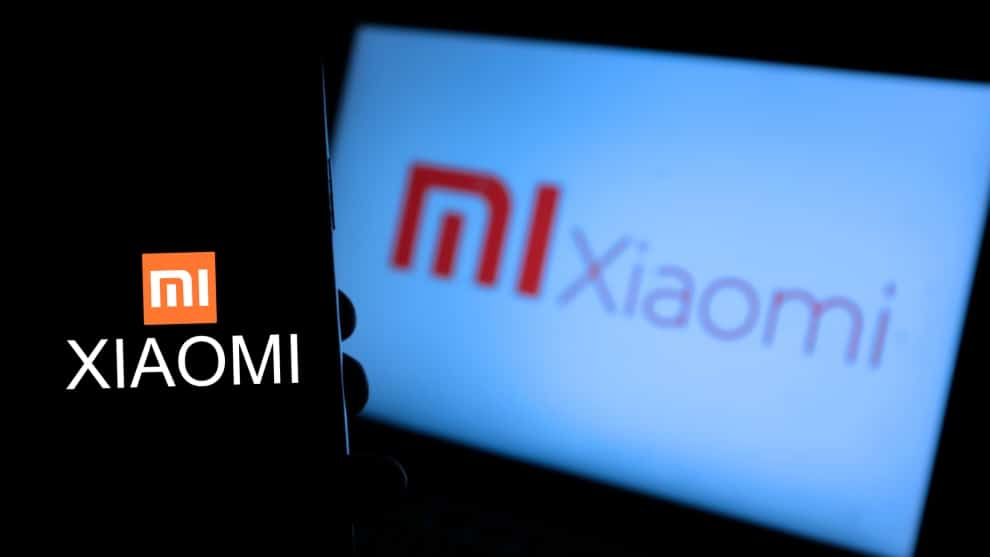Xiaomi: censorship and espionage on smartphones sold in Europe?
Xiaomi is one of the jewels of Chinese tech, carrying very high the colors of the red flag even far from its borders. Since its arrival on the international scene in 2015, the company has today become the second to sell the most smartphones in the world, just behind Samsung, but in front Apple. It must be said that the creed “low price / quality” chosen is respected to the letter and the devices offered, such as the Redmi 10 recently, doing as well as the competition for several hundred dollars less. If the offer may be attractive for light purses, it does not hide the less chinoiseries that can be alarming about the maintenance of freedoms.
Censorship of his blow
First of all, you should know that telephones Xiaomi do not offer the same interface in China as in the rest of the world. Turning under MIUI, its own distribution that owns the operating system Android, Chinese versions include for example advertising as well as some applications that cannot be removed. They also impose government-ordered censorship on browsers. Some research, such as “Free Tibet”, “Long Live Taiwan Independence” or “Democratic Movement” is simply blocked. In Europe, this is of course not the case thanks to watered-down versions.

However, the danger of censorship does exist, as a cybersecurity report from Lithuania demonstrated. This one asserts that Xiaomi can remotely analyze what you do with your smartphone, detect words the company thinks are problematic, and censor your device. There would even exist, in the memory of the latter, a list of these terms to be blocked which would be downloaded regularly. It concerns several preinstalled applications, including the Mi Browser, and then prohibits access to pages related to these keywords.
Even if this is not active in Europe, it would only take a single click to trigger this censorship on the brand’s mobiles.
Low SMS
Another information brought to light by the Lithuanian report, it is very complicated to know exactly the amount of information collected by the browser which could stuff itself with a little everything and anything. The lack of clarity of the matter does not allow to know in detail what is recovered by the service. More problematic, and worthy of a large-scale hack, it would appear that each registration to the cloud service of Xiaomi either followed by the automatic sending of an encrypted SMS from your device. Again, impossible to know what is sent in this very obscure message. Personal data leakage is therefore highly possible and very problematic.
This affair caused a stir in Lithuania and Margiris Abukevicius, Deputy Minister of National Defense, made no secret of her concern when the report was presented to the press.
Our recommendation is not to buy the new Chinese phones, and get rid of the ones you already own as quickly as is reasonable.
Will this advice of mistrust of devices from China be listened to and spread to other European countries? It is entirely possible and this bad publicity could put the lead in the wing of the sales of smartphones and tablets. Xiaomi on the European continent. Unless their low price is far too attractive for customers to think so.


